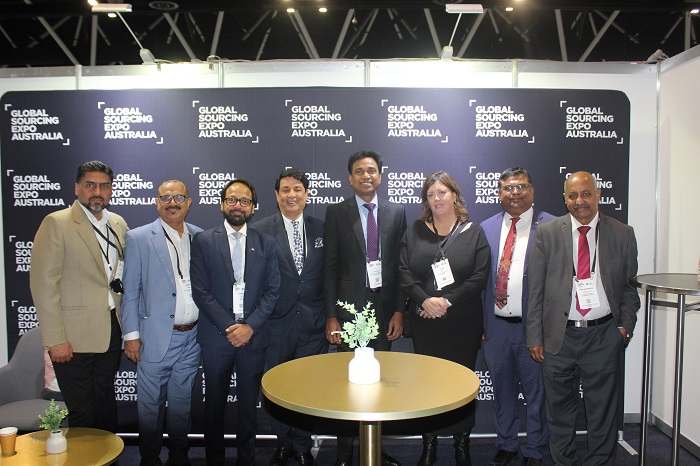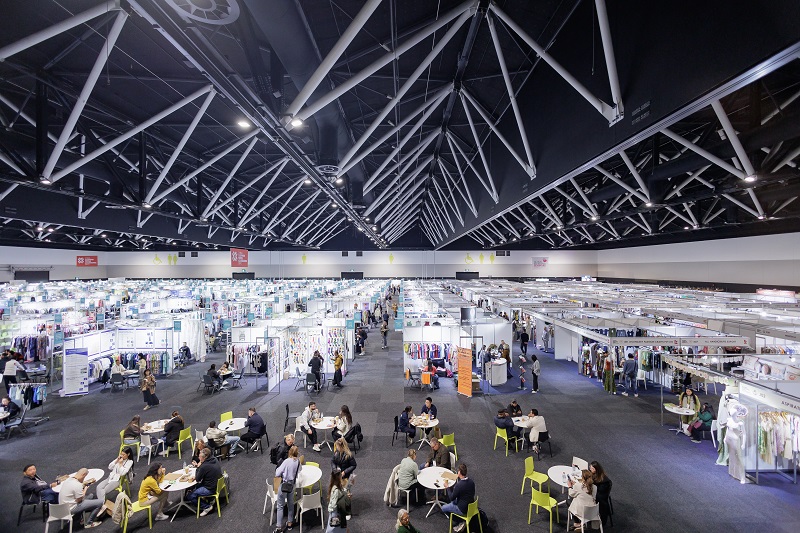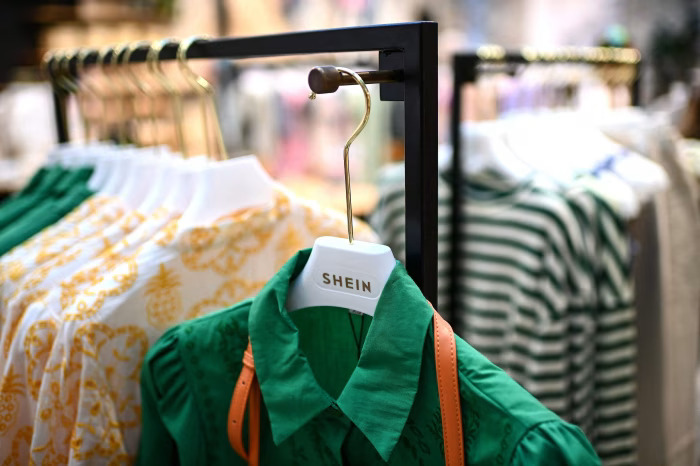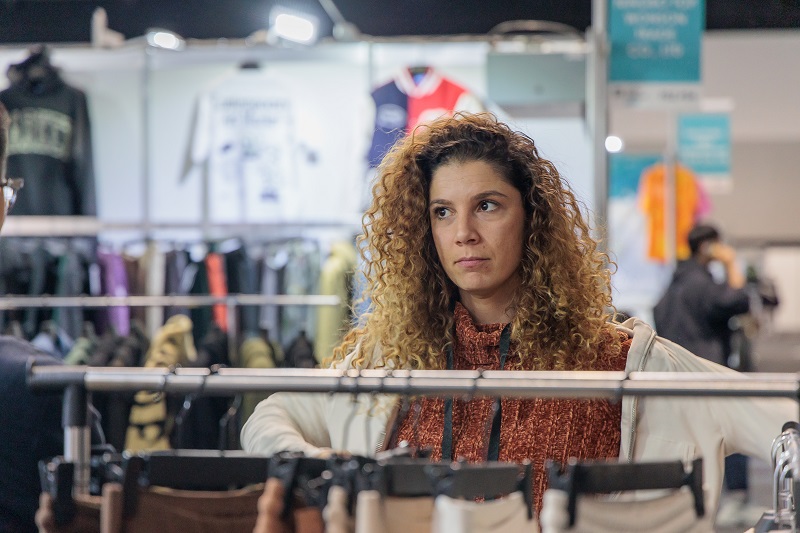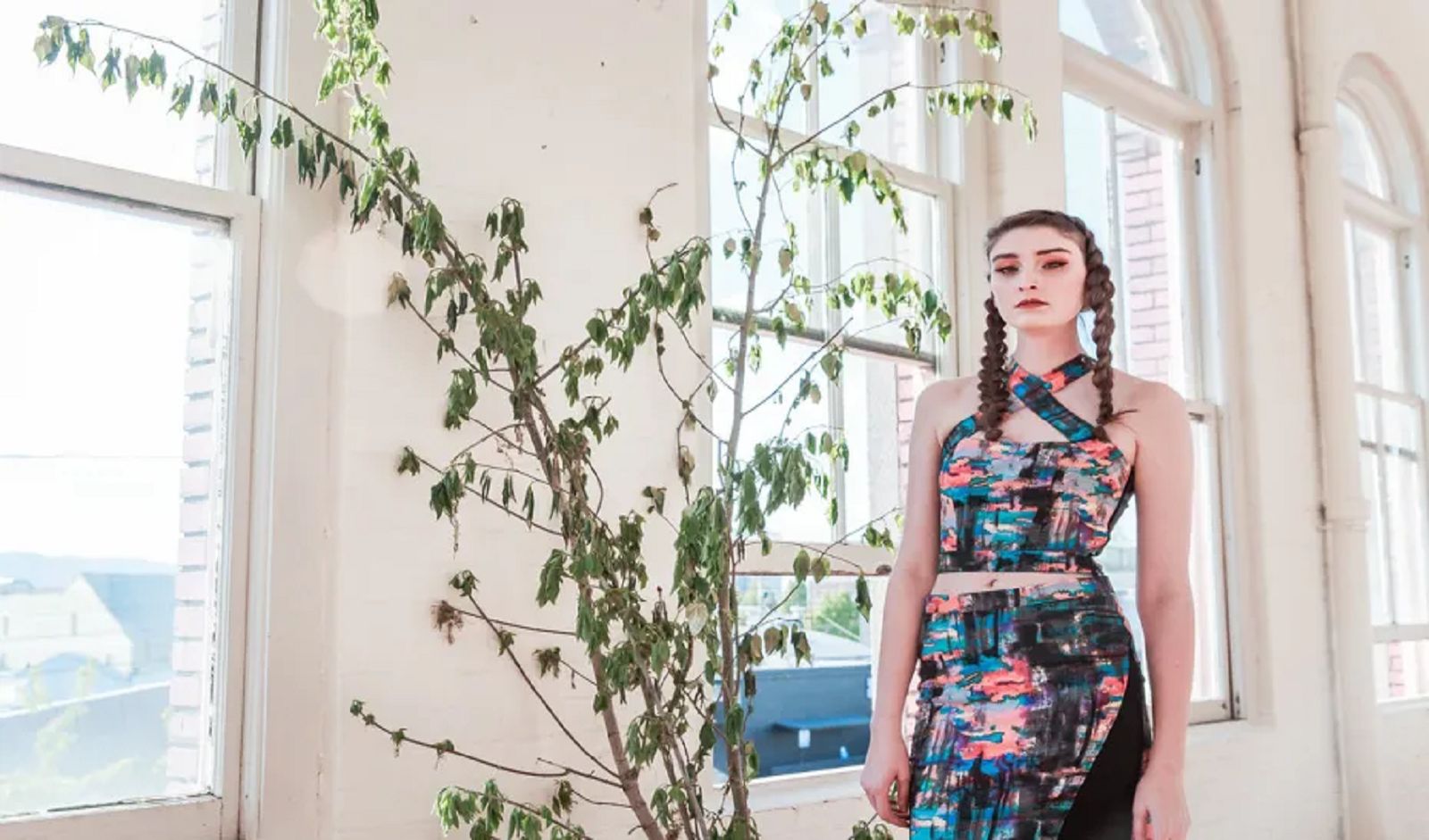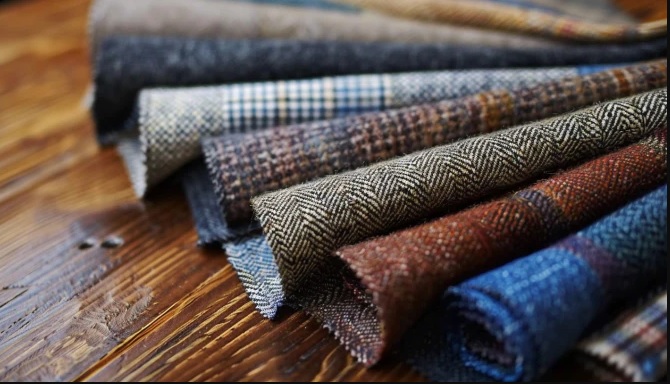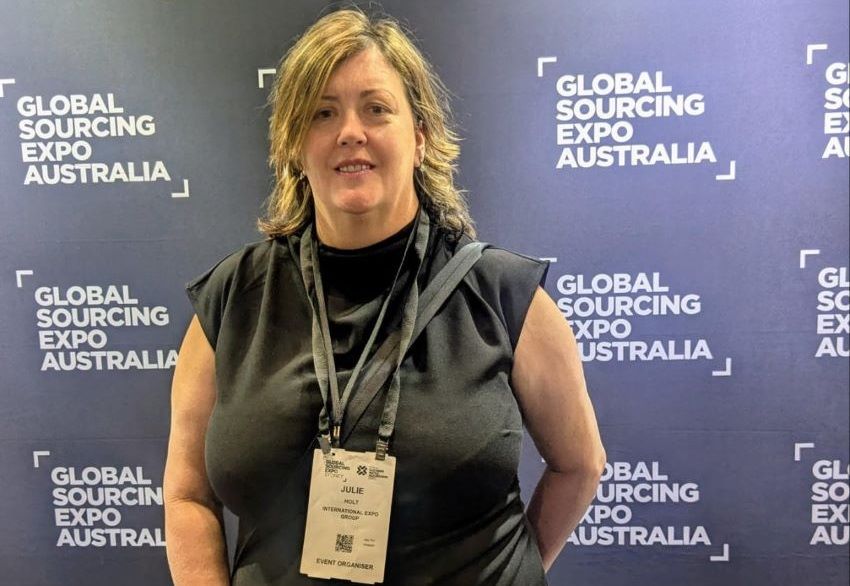FW
The 12th International Conference on Apparel & Home Textiles (ICAHT-2016) was held in New Delhi on October 15. The theme of the conference was ‘Innovate, integrate and motivate’ – the three major requirements for the Indian apparel industry. The conference was organized by Okhla Textile and Garment Cluster (OGTC), a prominent organization of Delhi-NCR-based apparel exporters that helps promote the industry and works for its collective growth.
At the conference, Aisshvarya S. Shah CEO & Chief Trainer, Work Senses spoke on ‘HR – A Business Partner’, while Ranjiv Kapur, COO, Triburg discussed on ‘A Turnaround Journey – Cost profitability’. Cost Management in World Class Manufacturing was discussed by Charles Dagher of Dagher Consulting Group while ‘Strategy to Improve Profitability in Garment Industry’ was the focus area of Prashant Agarwal, Business JMD, Wazir Advisors. Hiroshi Tachikawa, MD, Propharm Japan Co. Ltd. shared his views on ‘Principles of Material Flow Cost Accounting’. Industry experts also discussed various other aspects of merchandising. KK Jalan, secretary, ministry of MSME and Ashok. G. Rajani, chairman, Apparel Export Promotion Council (AEPC) were the chief guest and guest of honour respectively at the event. ICAHT is a platform for the owners of apparel export houses and middle-level management where they participate and try to learn new things.
The next Ispo Munich, the outdoor and sports-dedicated trade show will be held at Messe München Center, Munich from February 5-8, 2017. The organizers Ispo Munich, has introduced a new concept for its action sports hall to be called Polygon. The hall will be partitioned based on a new, standardized format.
In terms of design, Polygon will feature a honeycomb-like hexagonal structure with pre-fabricated modules with low partition walls across the exhibition area that will be ideal for a more welcoming, networking-boosting environment. This particular framework, was earlier tested by the organizers in the Health & Fitness and vision segments, was widely appreciated.
The booths would be positioned along a central aisle to encourage discussion between the stall attendants and attendees. Every day, there will be an after-work programme on the aisle with activities such as live music and exhibitions. In a move intended to reflect real market conditions and ensure exciting synergy effects, Polygon will host manufacturers of snowboards and skateboards along with urban and street sports products and sneakers. Ispo Munich will offer four different stand possibilities with full-package prices so that both small brands and global players co-exist in the same space. For more than 40 years, Ispo Munich has consistently strengthened its leading position: it is a global platform for the industry and popular meeting place for sports business professionals from all over the world, driving innovation and hosting exciting events.
Brussesls hosteed the European Textiles conference (going digital, going high-tech) on October 12 and 13. Nearly 150 participants from 24 countries attended the two day event. The key highlight of the event, organised by the European Technology Platform for the Future of Textiles and Clothing (Textile ETP), was the unveiling of the Strategic Innovation and Research Agenda (SIRA).
The SIRA outlines the major innovation themes and research priorities which are expected to drive and shape the future of the textile and clothing sector in Europe in the coming decade. It has been jointly developed by over 100 textile industry, technology and research experts from across Europe.
The document, entitled ‘Towards a 4th Industrial Revolution of Textiles and Clothing’. expresses the conviction that the interplay of technology trends such as digitization and automation, market trends such as growing technical textile applications and more demand for sustainable fashion products and new business models such as circular and sharing economy concepts and personalized product-services, will provide a new basis for a more knowledge-intensive, growing and more profitable textile and clothing industry in Europe.
Representatives of the European Commission detailed the policies and programs in place to provide support to the industry for more research in materials, manufacturing technologies, digitisation and new business models; a stronger sectoral education and training provision and investment in clusters and other innovation support mechanisms at regional level.
The strong presence of the textile machinery sector through companies such as Brückner, Lindauer Dornier and Picanol underlined the importance of a close collaboration between world-leading Europe-based technology developers and their local lead industry customers to exploit advantages arising from greater resource efficiency, digitisation and new material processing. The conference also featured a number of new companies that exploit research know-how and advanced technologies for revolutionary textile based products for the health, construction, energy protection or outdoor markets.
India's indigenously developed hybrid quality cotton variety, Shanker-6, is being globally threatened by African cotton and Peru Pima cotton. On production front, India beat China in 2015-16 to emerge as the world's largest cotton producer. But in the absence of any branding efforts of its prominent Shanker-6 variety, international clients are increasingly turning towards Africa, Peru and the US, who have in recent times engaged in branding activities.
Lack of global branding of the medium staple high quality Shanker-6 could lead to sluggish export demand going forward. A strong concern about price and volume has meant that India has ignored branding efforts. Moreover, there are no standards set which could help in brand promotion and there are no norms.
One reason for the lack of branding is the relatively higher share of domestic consumption of cotton in India. India exports around 15 to 20 per cent of its total cotton production while the US exports over 70 per cent of its total production. In addition, high adulteration in Shanker-6 has also hurt India’s cotton image worldwide.
While Africa has in recent times consciously branded its cotton, especially from Sudan, Peru, too, has been conducting promotional activities globally and portraying its Pima cotton as a worldwide brand.
The chairman of Pakistan Cotton Ginners Association (PCGA) Jeso Mal has asked the government to patronise cotton growers and to ensure purchase of their produce on fair price to boost cotton production to 20 million bales and save foreign exchange worth Rs 60 billion per annum. Mal said his Association has decided not to be blackmailed at the hands of cartel of textile millers and would prefer to export the country’s products at the rates they wish to. He also revealed that said that the country would have to spend at least Rs 40 billion to purchase at least 4 million bales of cotton from different countries this year to run its textile as well as value-added industry.
Mal also informed this year, Punjab clocked in 40.76 per cent less cotton production. However, Sindh province increased its production by 6.61 per cent. As of September 30, seed cotton (Phutti) equivalent to over 26,45,349 bales of cotton have reached ginneries across Pakistan showing a decrease of 13.93 per cent compared to corresponding period last year when ginneries received 30,73,325 bales.
Briefing media men about cotton production, Mal said that out of the total arrivals, 2,645 million bales of cotton have been converted into bales so far. Ginneries in Punjab recorded arrival of 7,88,699 bales showing a decrease of 40.78 per cent. On the other hand, ginneries in Sindh recorded arrival of 18,56,650 bales while last year the province received 17,41,486 bales showing an increase of merely 6.61 percent. Ginneries in Sindh recorded an increase of 6.61 as compared to corresponding period last year.
Jeanologia has been promoting the Mexican textile sector with sustainable technologies that increase productivity and competitiveness. The leading Spanish company, in the development of sustainable solutions for the finishing of jeans, presents innovations that will transform the Mexican industry towards automation and efficiency at the Exintex 2016 at Centro Expositor Puebla, Puebla, Mexico that is being held from October 18 to 21.
The company has reduced 90 per cent of water and chemical consumption and 50 per cent of power, thanks to the combination of its three sustainable technologies: laser, ozone and e-Flow nanobubbles. Also its integration of these technologies power new creative possibilities scalable to large productions.
At Exintex, Jeanologia will display its latest developments which have been applied to laser, ozone G2 and e-flow nano bubbles technologies. Visitors can see vintage clothing, novel designs and trends with a common denominator: authentic eco efficient products.
Using Light PP Spray and Light Scraper solutions, it is possible to produce pollution-free jeans as the use of the dangerous potassium permanganate has been removed and it’s possible to clone the authentic look of the antique denim in an efficient and ethical manner. At Exintex 2016, Jeanologia will also give live demonstrations of the Flexi HS 3D laser machine that adapts to the needs of each manufacturer or designer and offers maximum versatility. It allows multiple combinations of dial-up thanks to its Swivel Head and optical system that allows you to work both in horizontal and vertical mode on jeans, shorts, shirts, t-shirts, jackets and accessories.
Since it started supplying machines in the dying years of the ’60s, Karl Mayer Rotal has been known as a global producer of high-tech warp preparation machines. Now, the company is all set for further expansion. The beginning of this year saw the production facilities of Karl Mayer Rotal, headquartered in Mezzolombardo, being extended by 3,100 m2. Now, the company’s site covers 9,000 m².
The turnover has grown four times over the past five years and the turnover in terms of finance has since increased to €40 million. It is estimated that the company is likely to cross the 45 million-euro-level this year, thanks to the company’s exports. In the regular routine, Karl Mayer Rotal ropes in roughly around 80 per cent of its profits overseas mainly from India, Pakistan, Bangladesh and Turkey. But business has also started to pick up on the domestic market again. The revenue is generated by selling sizing and dyeing machines for the denim sector and with sales activities for the whole Karl Mayer Group.
In recent expansion, completed in June of this year, around €2.7 million was invested. The project was the reason why the company decided to invite its customers to an open house event at its modern site. The event, held on June 24 and 25 was the perfect opportunity for visitors to view the production facilities, to look at the latest technology in sectional warping, indigo dyeing and sizing, and to exchange information. Nearly 146 representatives from 50 companies attended the open house for the warp preparation customers in Mezzolombardo and their interest in the company and machines on show generated positive feedback.
Investing in expanding the plant has strengthened the company’s position on the standing in its international markets and has also increased awareness of Italy as a production location. Over the years, denim dyeing was one of the areas that Karl Mayer Rotal had tapped into and has now become a global pioneer with high growth ambitions in the lucrative textile sector. The extension of the site in Mezzolombardo has also gone hand in hand with expansion of the activities of the company in the denim sector.
The growth of the readymade garment (RMG) sector in Bangladesh has been spiraling with time. The country’s apparel export earnings from Russia, China and Chile registered an immense growth in the first quarter of the current financial year while earnings from most non-traditional markets including India, Turkey, Brazil and Australia suffered a negative growth in the period.
Readymade garment export to Russia in the July-September period of FY17 registered a whopping 61.67 per cent growth to touch $49.10 million from $30.37 million in the same period of FY16, according to an Export Promotion Bureau data. Apparel export to China in Q1 of FY17 grew by 42.35 per cent to $82.71 million from $58.10 million in the same period of FY16. Exporters say RMG export to Russia registered an encouraging growth as the country reduced its import from Turkey due to political reasons. China’s shift from production of basic garments to high-end products was the reason for the strong growth in Bangladeshi RMG export to China while export to Chile witnessed robust growth due to duty-free market access.
On the down side, RMG export to Brazil fell 56.11 per cent to $17.67 million in the July-September period of FY17 while export to South Africa went down by 24.46 per cent to $15.80 million while exports earnings from Australia declined by 12.30 per cent to $142.81 million.
Cotton prices in India increased by 30 per cent year-on-year in the second quarter of FY ’17 and it is likely to have a negative impact on margins of apparel companies. EBDITA margins of Arvind, Page Industries, Kewal Kiran and Rupa are likely to decline 70 basis points, 108 basis points, 84 basis points and 100 basis points year on year respectively. However, Vardhman Textiles is an exception. Vardhman buys its yearly cotton requirement in March-April every year. Thus the company will report a margin expansion of 16 basis points year on year.
Revenue growth of apparel companies is likely to be moderate due to subdued consumer behavior at the retail level. Except for Page Industries and Kewal Kiran, all other companies in the coverage universe are likely to register single digit growth. Page’s revenue growth is expected to be driven by 17.2 per cent year on year volume growth and 5.4 per cent year on year realisation growth. Kewal Kiran, Arvind and Rupa are likely to register year on year revenue growth of 10 per cent, 9 per cent and 7 per cent respectively.
Cotton output in the country is expected to decrease by close to 10 per cent due to the white-fly attack on the crop in the northern states.
"In the wake of e-commerce boom and fast fashion retail, traditional brands are finding it challenging to survive and sustain their market. The premium-denim category is probably the highest hit market where private-equity firms and investment groups in recent years bought out the founders of well-regarded labels as True Religion, J Brand, 7 For All Mankind, Joe’s Jeans and Hudson Jeans."
In the wake of e-commerce boom and fast fashion retail, traditional brands are finding it challenging to survive and sustain their market. The premium-denim category is probably the highest hit market where private-equity firms and investment groups in recent years bought out the founders of well-regarded labels as True Religion, J Brand, 7 For All Mankind, Joe’s Jeans and Hudson Jeans.

If reports are to be believed, True Religion, acquired in 2013 by Tower Brook Capital Partners for $824 million, is in a state of bankruptcy as revenues are down to $408 million after coming in at $420 million five years ago having institutional term loans of $485 million. In such a scenario, founders are scouting for a turnaround expert after having appointed John Ermatinger last year as the company’s chief executive.
Andreas Kurz, former chief executive of 7 For All Mankind and now president of Akari Enterprises, an international business consultant, points out the premium-denim market has contracted. People are working with an old recipe where they import Italian or Japanese fabric to Los Angeles, make it in Los Angeles and try to sell a jean for $200 to $250. That doesn’t work anymore. Consumers are more price-conscious. The consumer is being trained to be more frugal and to expect more for less, and that is tough on brands, believes Lloyd Greif, President and Chief Executive, Greif and Co, a downtown Los Angeles investment banking firm.
layoffs, a cause for concern
Some of the big names such as 7 For All Mankind, Splendid and Ella Moss, were sold to Israeli company Delta Galil earlier this year for $120 million by VF Corp, which bought the contemporary labels for more than $1 billion several years ago and saw revenues from the three drop several years in a row. With the market going down, Delta Galil has laid off more than 100 people at the three labels and has centralised the headquarters of all three stores in Los Angeles.
And as Greif says, there was a perception that these brands were on fire and now they are smoldering, noting that Delta Galil is known for selling down-market goods. This is a clear sign that these brands are in their maturity and are on a downhill slope. Whether Delta Galil turns them around or milks them until there is nothing left is still to be seen. BCBGMaxAzria has fired 123 people in an attempt to reduce some debt burden. J Brand is also witnessing downfall Japanese giant Fast Retailing, parent company of Uniqlo, acquired 80 per cent share of the denim label in late 2012 for $290 million.
Survival strategies
Experts say in the apparel industry, these issues are not unique to California companies but to the apparel industry across the country. The last two years have witnessed major downfall in US speciality stores. This has put pressure on clothing manufacturers to get financing.
The brands that are growing quickly are the hot brands that go direct to the Internet and reach the consumer through social media and online. There have been instances of new brands launching and going from zero to $30 million in sales in two or three years, all online. At the same time, fabric innovation and novelty in design needs to be taken care of in order to win over competitors, say experts. They have to fit with what is happening in the world at the time and maintain a core position.
Companies need to keep reinventing demand, patterns and styles in order to stay ahead of the curve. In line with this, denim companies are offering denim pants with spandex to make them more comfortable—even making jog jeans that have the feel of a knit but the look of denim. The athleisure movement is not about to stop as people want more-functional and -technical garments.
While apparel companies can manage products and price mix, it’s their ability to market and sell clothes online, which will help them reach maximum audience. During the first eight months of this year, department-store sales tanked 5 per cent compared to the same period last year, while online sales jumped a staggering 15.8 per cent, says the US Census Bureau.



